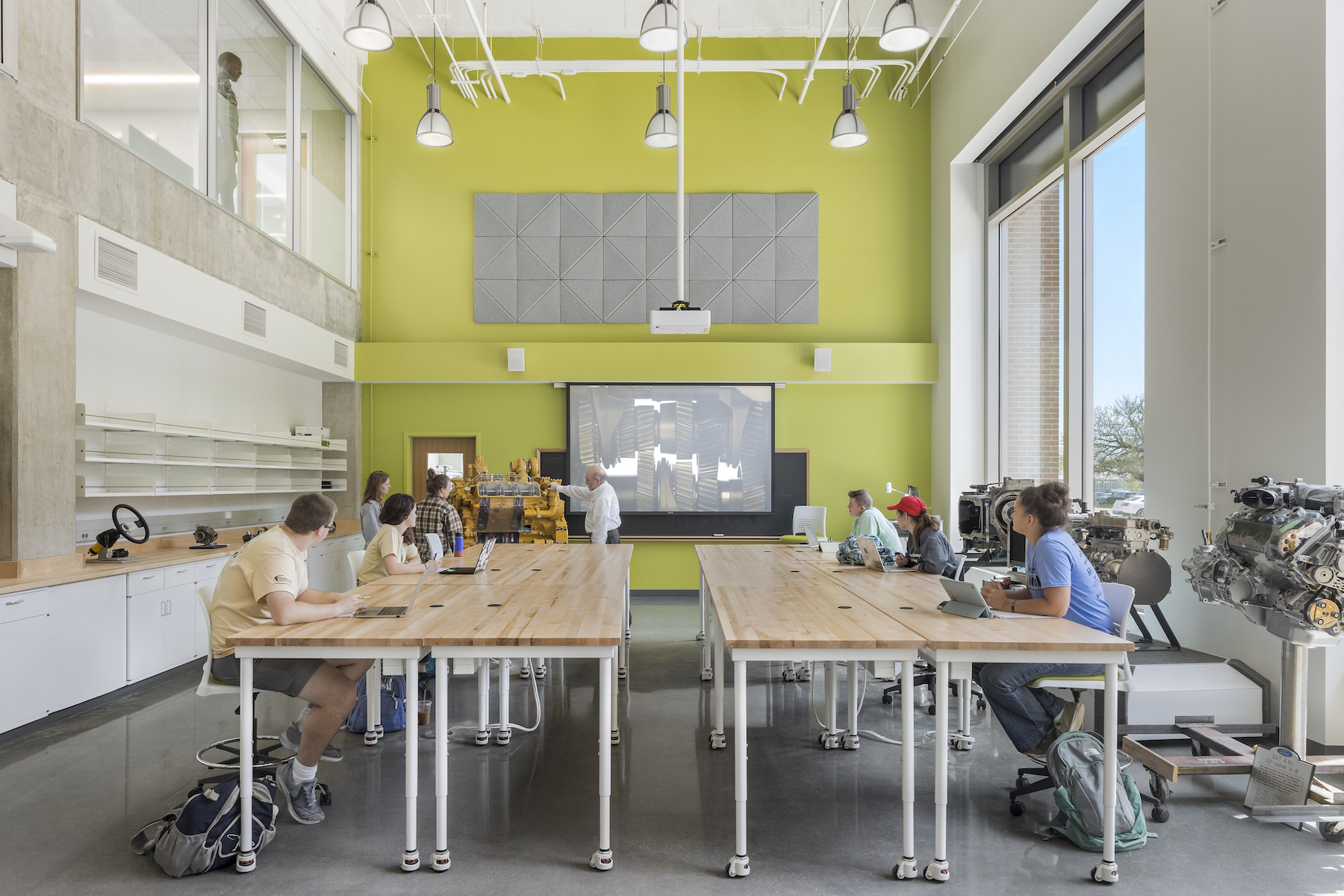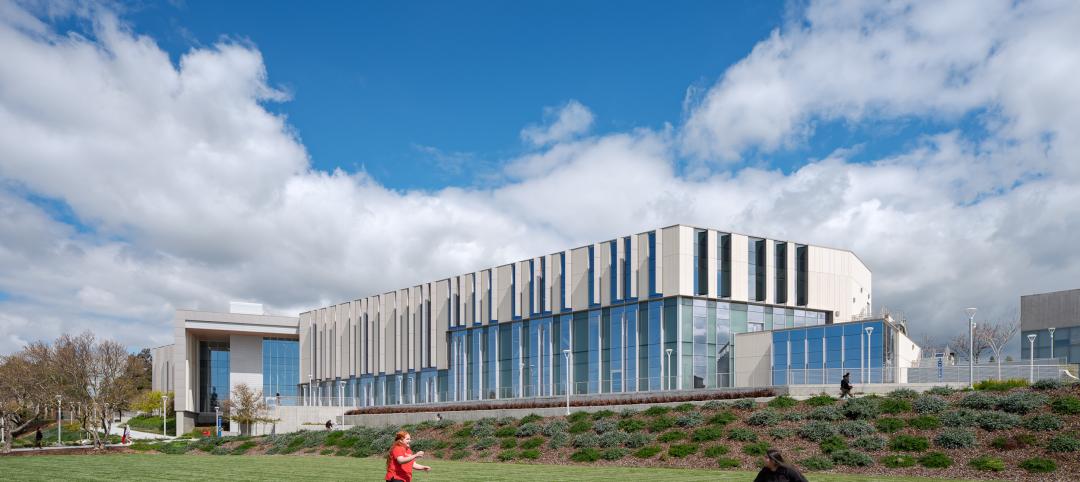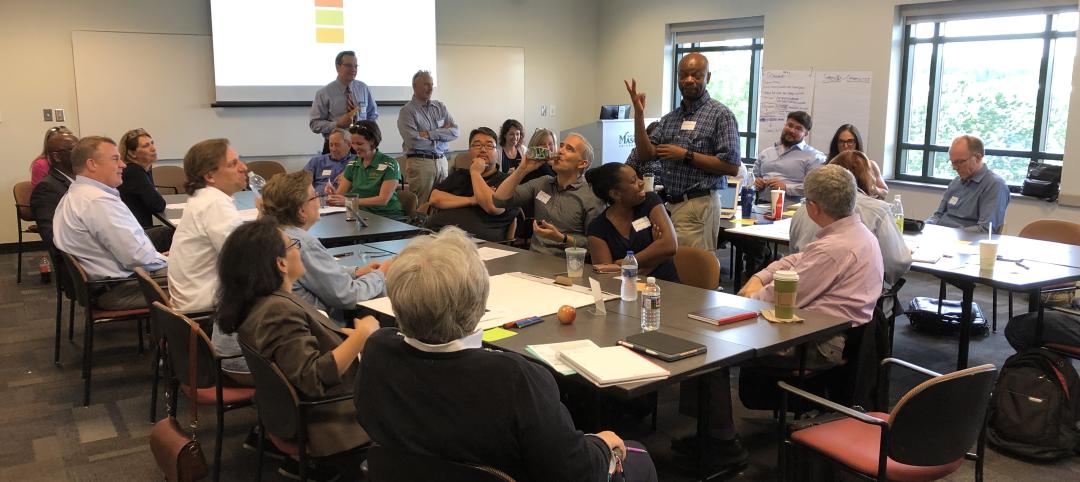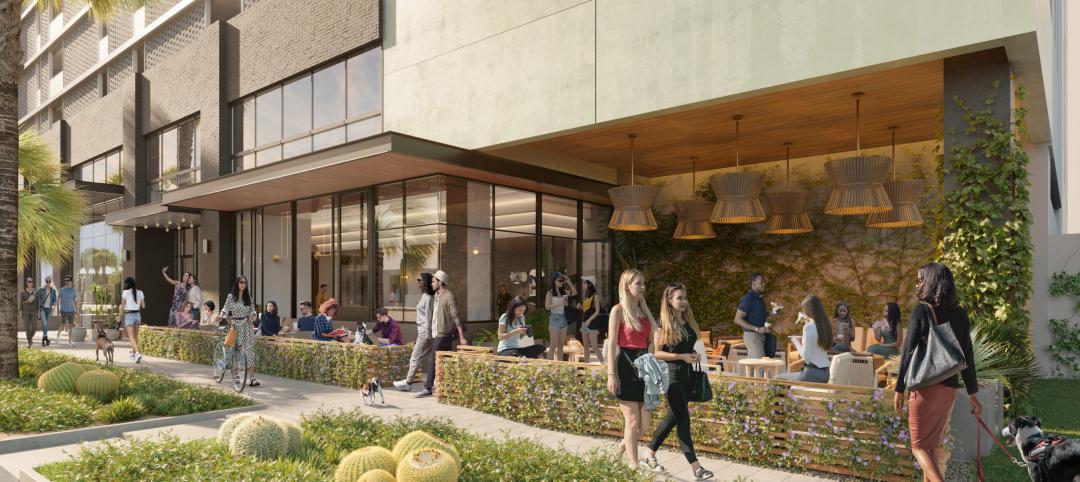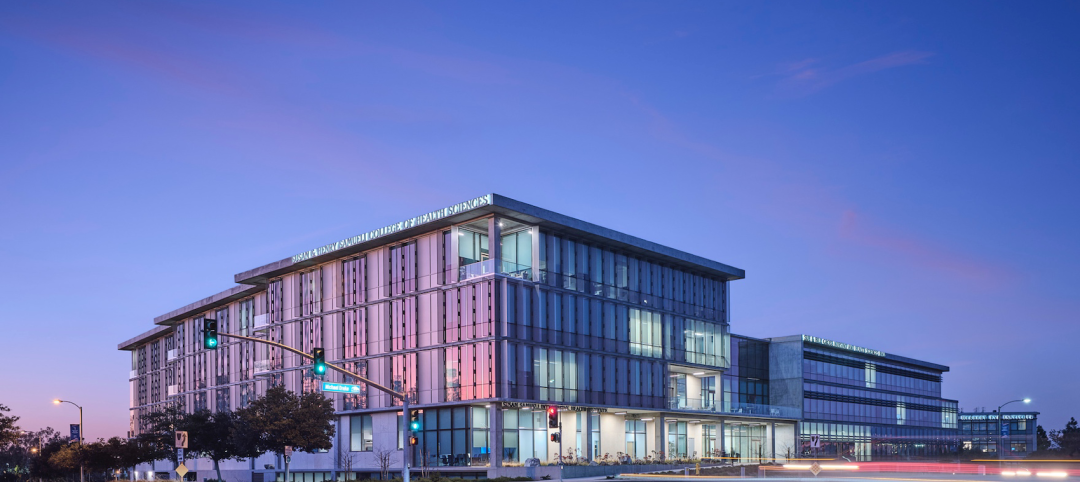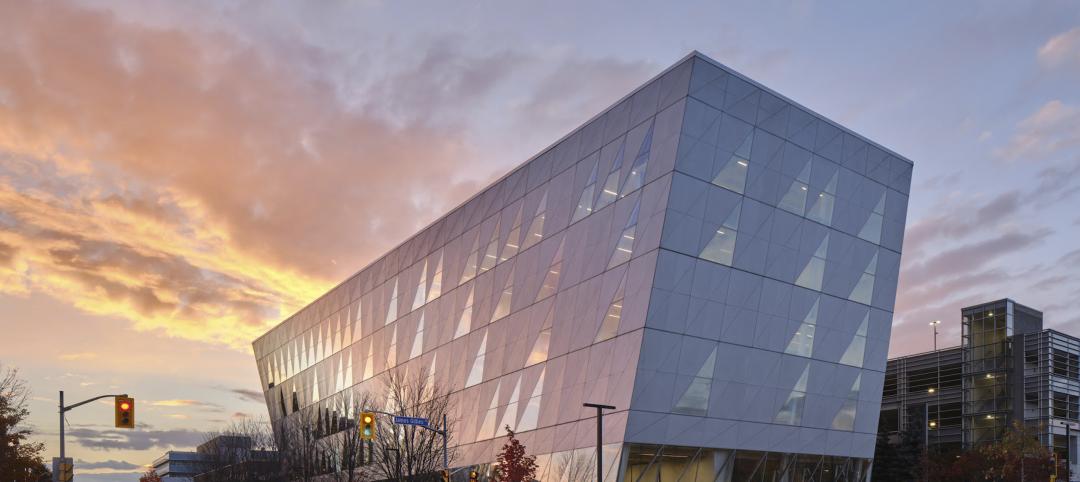While the debate persists among office workers and employers on when and how “return to work” will occur as the COVID-19 pandemic wanes, there is little doubt about what the nation’s 19.7 million college and university students are planning to do this fall.
They want out of mom and dad’s house. They want to be back on campus. And, it’s not up for debate, according to a survey of more than 1,500 college students by student housing developer and manager Core Spaces. The study, conducted among residents of Core Spaces properties across 14 states, showed that an overwhelming majority—92 percent—said they wanted to come back to campus when classes began for the spring 2021 semester, up from 89 percent in the fall 2020 semester. Moreover, nearly 88 percent said that they planned to go back to campus even if online/distance learning protocols were still in place. (Core Spaces has not released data for the fall 2021 semester, but we surmise that this sentiment will hold true.)
The rush back to campus places the pressure squarely on higher education institutions to maintain health and safety protocols campus-wide to help prevent the spread of the coronavirus. In fact, public health and safety just might be the new in-demand amenity at U.S. universities and colleges, according to a research study on college/university selection factors by JLL’s Higher Education team.
The JLL survey asked 500 parents of high school-aged children who are currently evaluating higher education institutions to rank their top selection factors for choosing a school. Not surprisingly, “quality of academics” and “affordability of college or university” were cited most often by parents. The eye-opener was number three on parents’ wishlist—“campus cleanliness and indoor air quality”—which was cited as an “important” or “somewhat important” factor in the selection process by 84 percent of respondents. IAQ/cleanliness outranked more traditional selection factors like location, campus housing options, financial strength of the school, diversity of the student body, and commitment to sustainability.
Admittedly, most parents—59 percent—said that they did not consider campus air quality a factor prior to the COVID-19 pandemic. Ron Gregory, JLL Higher Education’s Executive Vice President North America, believes that prospective students and their parents will demand “the highest standards around cleanliness and air quality” from their school of choice.
JLL says cleanliness extends to the overall look and feel of the campus and the physical condition of the buildings. Nearly nine in 10 respondents—88 percent—said the physical condition of buildings was important; 86 percent for campus condition.
“While transparency around campus cleanliness and air quality remains top of mind, the way prospective students and their families perceive the health and safety of the campus based upon appearance could also play a pivotal role in the decision process,” the study’s authors wrote.
The survey also sheds light on the growing importance of sustainability on college campuses. More than a fifth of parents—21 percent—indicated that the pandemic raised their awareness of a school’s overall commitment to sustainability.
Related Stories
University Buildings | Jun 14, 2023
Calif. State University’s new ‘library-plus’ building bridges upper and lower campuses
A three-story “library-plus” building at California State University, East Bay (CSUEB) that ties together the upper and lower campuses was recently completed. The 100,977-sf facility, known as the Collaborative Opportunities for Research & Engagement (“CORE”) Building, is one of the busiest libraries in the CSU system. The previous library served 1.2 million visitors annually.
Higher Education | Jun 14, 2023
Designing higher education facilities without knowing the end users
A team of architects with Page offers five important factors to consider when designing spaces for multiple—and potentially changing—stakeholders.
University Buildings | Jun 9, 2023
Cornell’s new information science building will foster dynamic exchange of ideas and quiet, focused research
Construction recently began on Cornell University’s new 135,000-sf building for the Cornell Ann S. Bowers College of Computing and Information Science (Cornell Bowers CIS). The structure will bring together the departments of Computer Science, Information Science, and Statistics and Data Science for the first time in one complex.
Student Housing | Jun 5, 2023
The power of student engagement: How on-campus student housing can increase enrollment
Studies have confirmed that students are more likely to graduate when they live on campus, particularly when the on-campus experience encourages student learning and engagement, writes Design Collaborative's Nathan Woods, AIA.
Urban Planning | Jun 2, 2023
Designing a pedestrian-focused city in downtown Phoenix
What makes a city walkable? Shepley Bulfinch's Omar Bailey, AIA, LEED AP, NOMA, believes pedestrian focused cities benefit most when they're not only easy to navigate, but also create spaces where people can live, work, and play.
Higher Education | May 24, 2023
Designing spaces that promote enrollment
Alyson Mandeville, Higher Education Practice Leader, argues that colleges and universities need to shift their business model—with the help of designers.
University Buildings | May 17, 2023
New UC Irvine health sciences building supports aim to become national model for integrative health
The new College of Health Sciences Building and Nursing & Health Sciences Hall at the University of California Irvine supports the institution’s goal of becoming a national model for integrative health. The new 211,660-sf facility houses nursing, medical doctorate, pharmacy, philosophy, and public health programs in a single building.
University Buildings | May 11, 2023
New ‘bold and twisting’ building consolidates School of Continuing Studies at York University
The design of a new building that consolidates York University’s School of Continuing Studies into one location is a new architectural landmark at the Toronto school’s Keele Campus. “The design is emblematic of the school’s identity and culture, which is centered around accelerated professional growth in the face of a continuously evolving labor market,” according to a news release from Perkins&Will.
Sustainability | May 11, 2023
Let's build toward a circular economy
Eric Corey Freed, Director of Sustainability, CannonDesign, discusses the values of well-designed, regenerative buildings.
Digital Twin | May 8, 2023
What AEC professionals should know about digital twins
A growing number of AEC firms and building owners are finding value in implementing digital twins to unify design, construction, and operational data.


